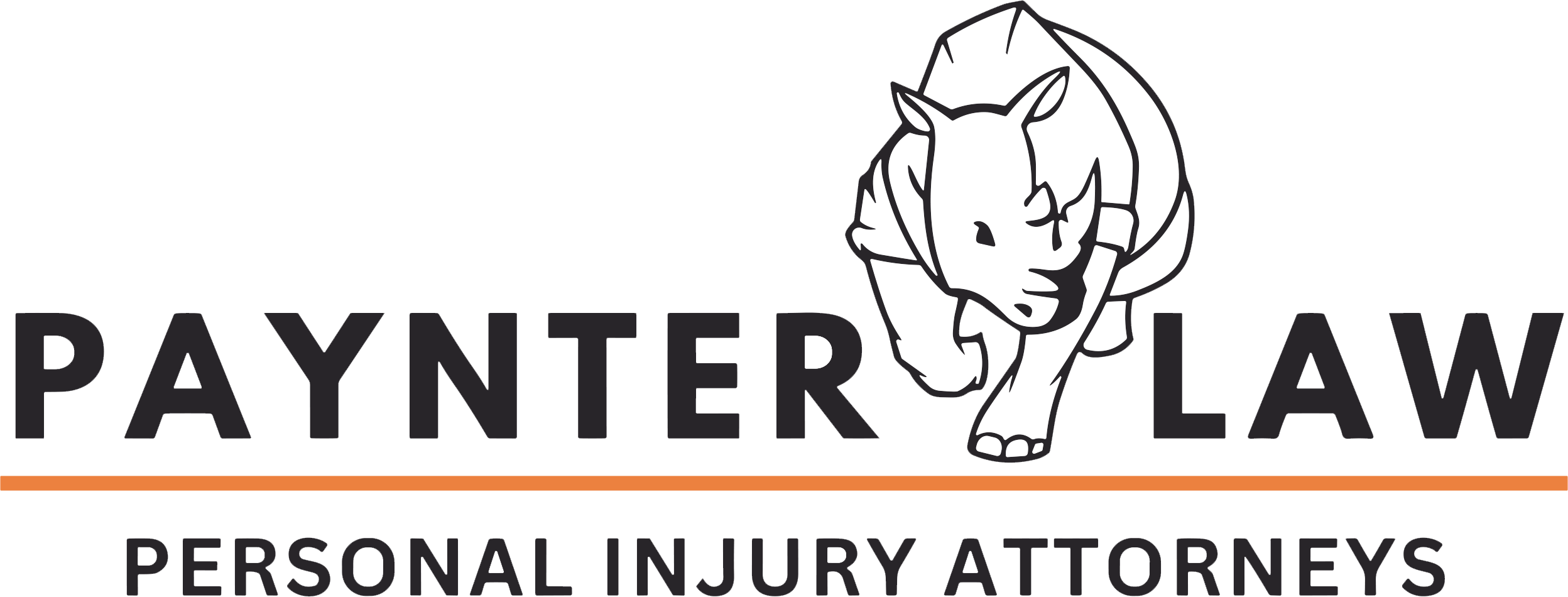From smartphones to power tools, smart watches, and fitness tracking devices to e-cigarettes, laptops to e-readers, laptops, small appliances, digital cameras, power tools, and kids’ toys, these are just some of the many consumer products that feature lithium-ion batteries, according to the U.S. Environmental Protection Agency. We list out all these items that come equipped with these batteries just to show you that no matter one’s age or what they do, there’s a strong chance they come to use a device that uses one of these to power it, and, thus, runs the risk of battery overheating, exploding, and igniting a fire.
Proving negligence in lithium battery fire accident claims is key to recovering compensation for any losses, like medical bills, lost wages, and others you or a family member accumulated as a result of such an incident. But how do you prove someone else’s negligent actions resulted in the adverse outcome you suffered? Continue reading where we discuss the burden of proof plaintiffs and their attorneys have in product liability cases like this in North Carolina.
What North Carolina Law Says About Product Liability Claims
Our state’s product liability law is codified as North Carolina General Statute § 99B-1.1. That section of the code clearly states that the strict liability standard does not apply to product liability actions in our state. What does this mean in the context of you having suffered a severe injury from using a product like a lithium battery-powered device? It means that North Carolina law doesn’t immediately deem a manufacturer automatically liable for a person’s injuries when their product injures them. This is why you need to establish the elements of negligence to be eligible to file such a claim.
Elements of Negligence Applicable in Dangerous or Defective Products Cases
The following four elements must be proven to have a valid product liability claim:
- You used the product as intended, i.e., per package instructions, or in a reasonable way
- You suffered an injury
- Your injury resulted despite using the product as instructed or advertised
- You can attribute your injuries to a design or manufacturing defect, inadequate warning labels, or a retailer’s handling of the product in their possession (i.e., improperly storing it)
So, let’s explore the concept above using a real-life example. Say you were using your new smartphone you received for Christmas and, despite using it normally, it just exploded, catching on fire, while you were holding it in your hand on a call. The explosion and ensuing fire caused you to suffer third-degree burns, and after numerous surgeries and skin grafts, your hand has functional impairments and is significantly disfigured. In the scenario above, it sounds like you can:
- Demonstrate that you were using the product normally in alignment with recommended uses in the owner’s manual and advertising
- Show that your injuries had onset with the explosion and fire that occurred while using the phone, establishing a direct connection between your use of the lithium battery-powered device and your injuries
Given your ability to establish the above elements, a lithium-ion battery injuries attorney like one at Paynter Law would likely deem you to have a valid claim, meaning that you meet the requirements to pursue compensation for your injuries and related costs.
The Role Pure Contributory Negligence Plays in Lithium-Ion Battery Cases
Pure contributory negligence is part of the fault system that applies to personal injury incidents. It states that individuals who contribute to causing their injuries are unable to recover compensation for their losses. Defendants facing lawsuits seeking compensation will often allege that a consumer misused the product, resulting in them suffering harm as opposed to their design, manufacturing, advertising, or storing of it being the true cause of the adverse outcome.
Benefits Associated With Working With Paynter Law on Your Battery Fire Injury Case
In North Carolina, a 2-year statute of limitations applies to burn injury cases caused by defective products like this. This is quite a tight turnaround, considering how many victims don’t reach out to a lawyer for help until some time after they were originally hurt and how challenging building these types of cases can be.
If you’re curious about the benefits associated with getting an attorney involved in forwarding your case versus trying to handle it on your own, it comes down to understanding how to prove negligence necessary to hold a liable party financially accountable for what happened. Our experience in handling cases like these also helps us determine when alternate legal theories, such as the breach of warranty one, may apply if the negligence one does not. In other words, we don’t leave any stone unturned in making sure you get justice for what you went through.
We urge you to contact our law firm to discuss the events leading up to the product fire that left you with injuries during an initial consultation with one of our lawyers. In learning more about what happened, we can advise you of your rights to take legal action to recover compensation if you’re eligible to do so under North Carolina law.

